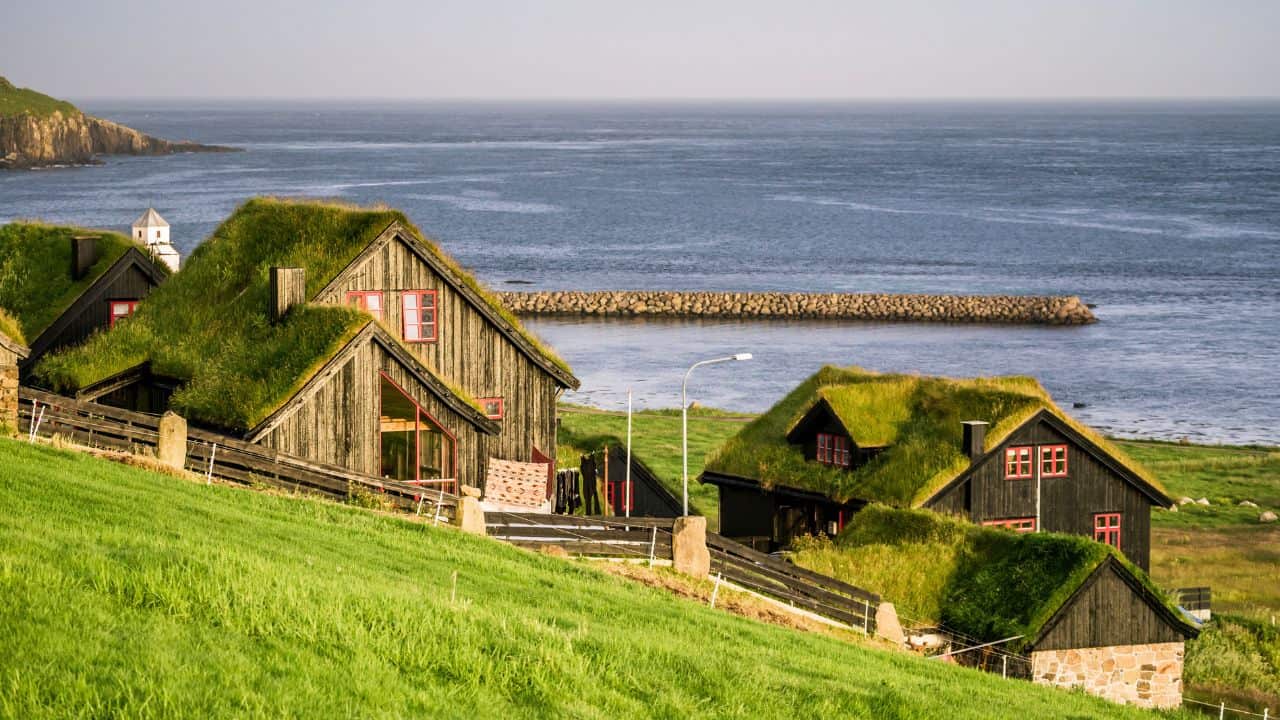Global environmental NGO, WRAP, has published the results of a new national consumer survey in time for COP26 which reveals that 63% of the UK public think businesses should take immediate action on climate change.
From food waste to plastic pollution and tackling emissions, consumers expect businesses to do more for the environment and help the UK reach its climate commitments by 2050.
Businesses that fail to act could be left behind.
Here’s what WRAP’s research found.

Consumers demand change from businesses
A national survey commissioned by WRAP found that 63% of UK consumers think businesses need to act now to tackle climate change.
66% of respondents feel that businesses should do more to help them reduce their own carbon footprint. This sentiment is felt about businesses across a range of industries.
The findings reveal the public’s lack of faith in businesses.
There’s a gap between businesses’ intentions and their actions on key environmental issues including plastic, food waste and water stewardship or greenhouse gas emissions.
Dr David Moon, Director of Collaboration & Change at WRAP commented: “People are making it clear that they expect businesses to lead the way on tackling climate change and are prepared to walk away from brands if they don’t change.
“It’s also apparent that there is a willingness and desire for business to collaborate and work together on the best ways of combating climate change and guiding the UK along the path to ‘Net Zero’.
“Bringing down emissions and adapting to the concerns of customers should now be at the forefront of business thinking. Time is running out for companies to act.”
What Does Net Zero Really Mean? Everything You Need To Know About Carbon Emissions

A breakdown of the key statistics
The general consensus from the survey is that the UK public is unsatisfied with the current level of action and lack of urgency.
In particular, UK textile/ fashion businesses and food businesses have fallen behind other countries in delivering on climate change targets.
If businesses fail to act, they could find themselves getting left behind as 52% said their decision to buy from a fashion brand would be influenced by whether or not it had a reputation for tackling its environmental footprint.
Here’s a quick breakdown of some of the key statistics:
- 42% of respondents thought that businesses should have a clear step-by-step plan in place to reach their climate targets.
- 41% said that businesses should be more transparent on their targets and progress so they can be held accountable.
- 57% said that UK food businesses need to do more to tackle climate change.
- 61% felt that UK textile/fashion businesses should be doing more.
- 40% believe UK businesses should work together to tackle climate change issues within their sector or industry.
25 Breweries Have United To Show COP26 World Leaders Systematic Change Possible

WRAP’s Voluntary Agreements
WRAP wants to help businesses big and small get on board with the public’s call to drive change and with COP26 there’s never been a more important time to do so.
Its Voluntary Agreements are a set of collaborative change programmes that invite businesses to work together to reduce their individual environmental impact and drive sector-wide change in key areas of production and consumption.
The programmes included in the Voluntary Agreements are The UK Plastics Pact, Textiles 2030 and Courtauld Commitment 2030.
They support businesses in setting targets, addressing plastic pollution, water stewardship, carbon emissions and food waste so they can make a real science-backed and proven impact in the fight against climate change.
The UK plastics Pact already has some big-name brands with the likes of Tesco aiming for 100% of plastic packaging to be fully recyclable by 2025.
Textiles 2030 which has a goal to reduce aggregate greenhouse gas emissions of new products by 50% has GymShark behind it.
Dr David Moon adds: “Our world-leading programme of Voluntary Agreements provides the perfect opportunity for businesses to make practical changes to their operations towards science-based targets that can mitigate against the impacts they are having on the environment. And demonstrate to customers their commitments to reducing emissions.
“With COP26, there’s never been a more important time for UK businesses to confront these issues head-on over the next decade and join those who have.”
If you’re a business owner and want to get involved with the Voluntary Agreements, visit WRAP to find out more.










